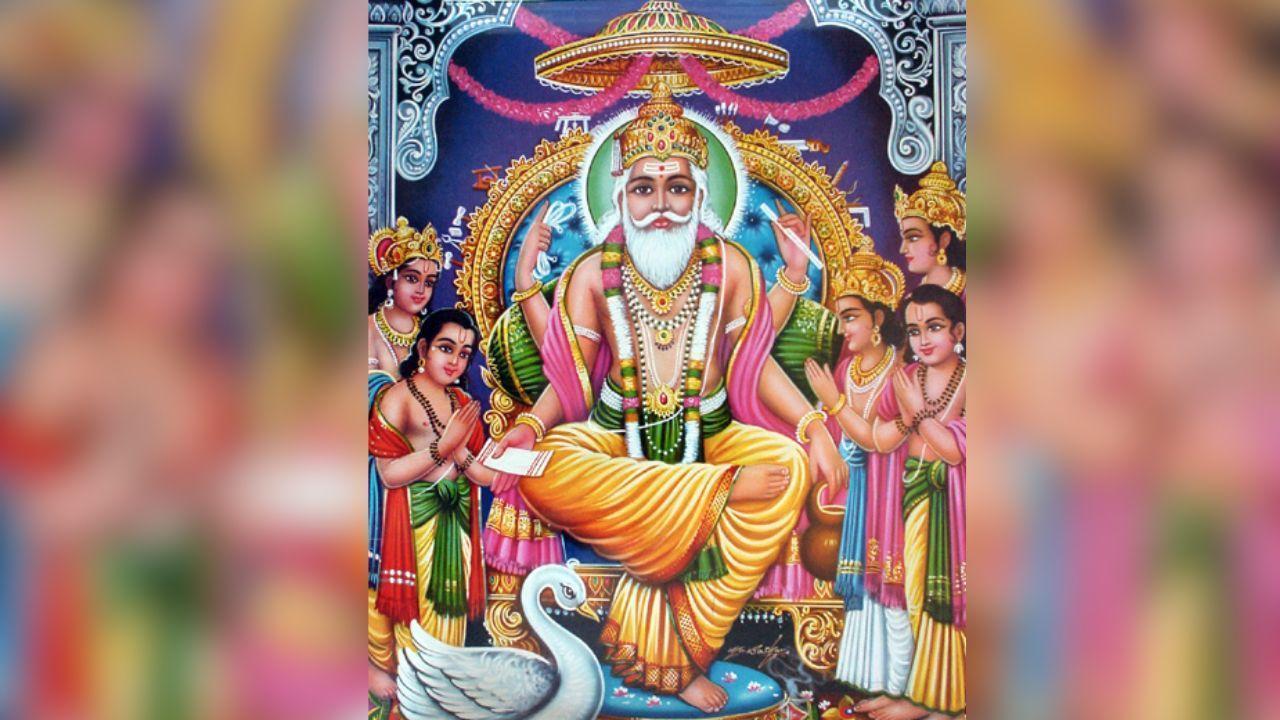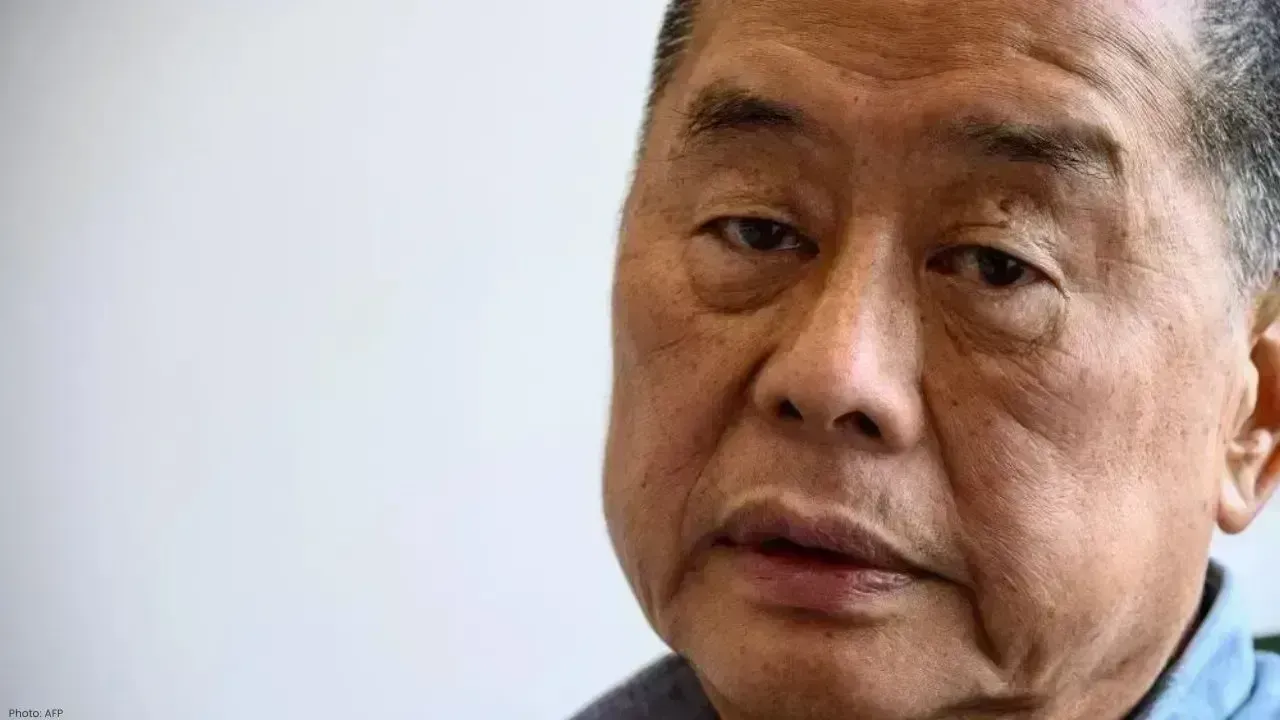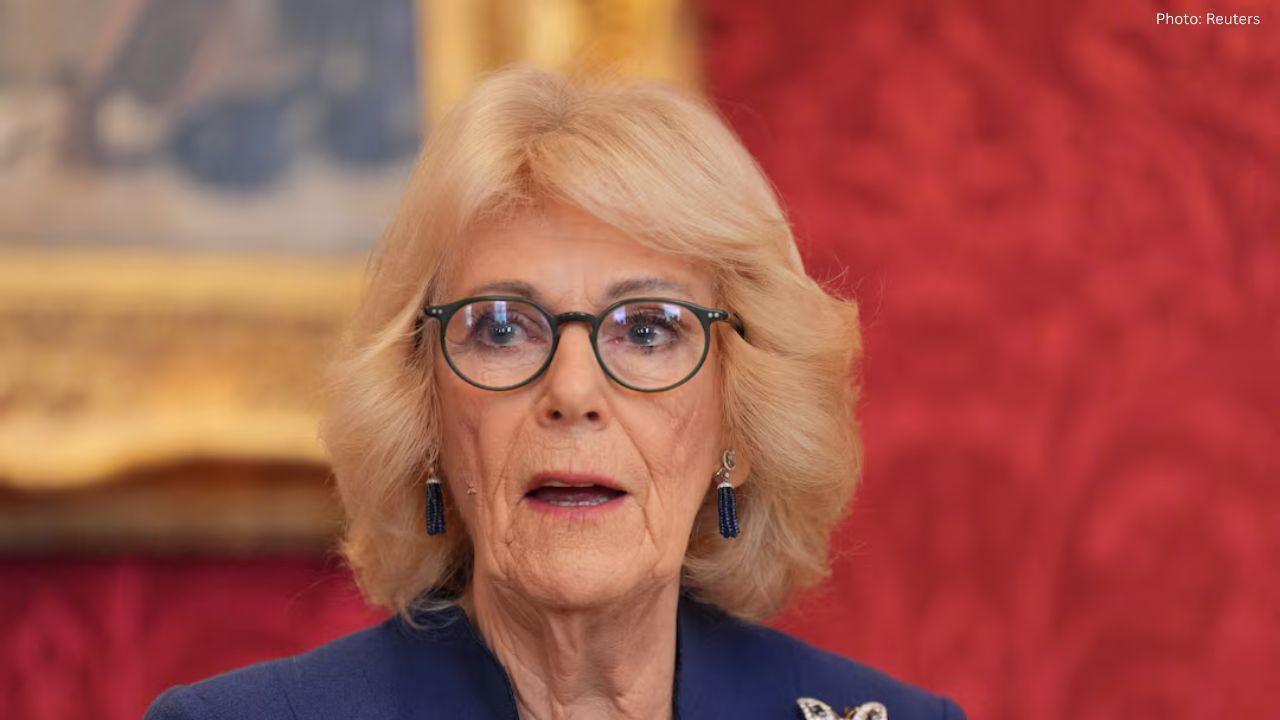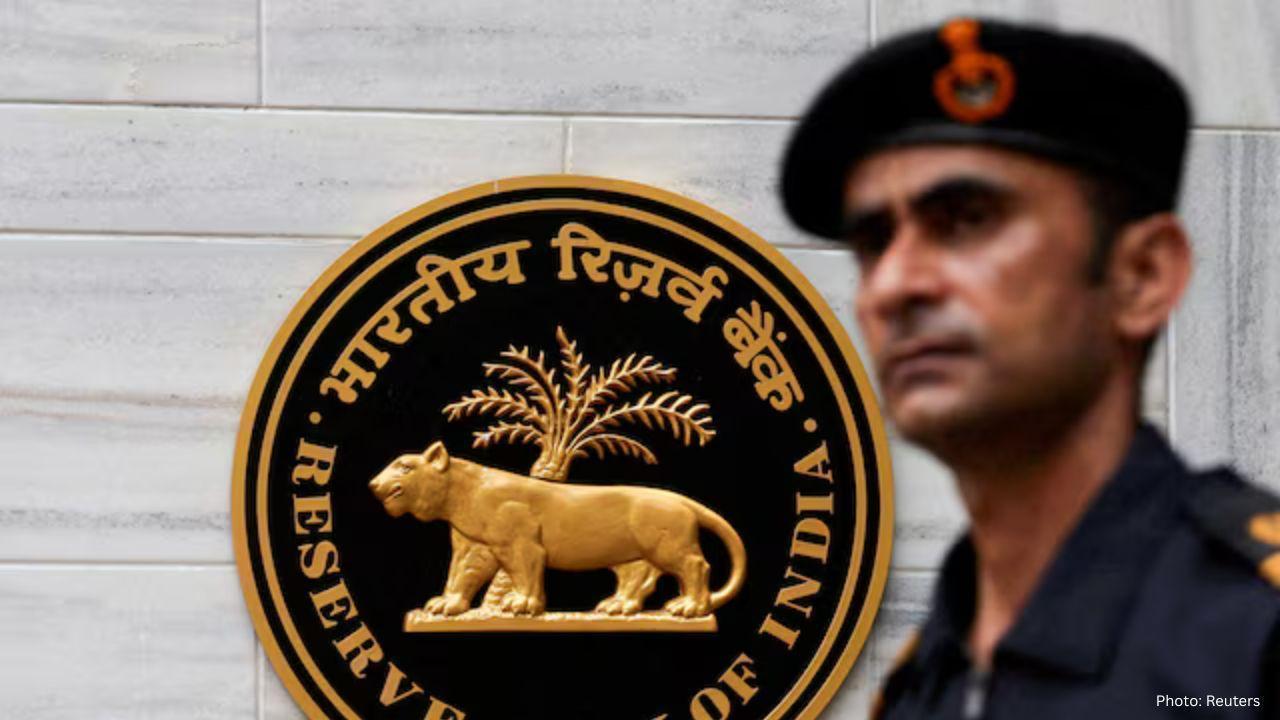You have not yet added any article to your bookmarks!

Join 10k+ people to get notified about new posts, news and tips.
Do not worry we don't spam!

Post by : Jyoti Singh
Photo: Wikipedia
Every year, millions of devotees across India gather to celebrate Vishwakarma Pooja, a festival dedicated to Lord Vishwakarma, the divine architect and craftsman of the universe. Known as the creator of weapons for gods and designer of palaces and cities in ancient texts, Lord Vishwakarma holds a special place in the hearts of artisans, engineers, architects, mechanics, and laborers.
The celebration of Vishwakarma Pooja is not just about rituals; it is also about recognizing the dignity of labor, the importance of craftsmanship, and the spirit of dedication to one’s work.
The story of Vishwakarma Pooja is rooted in Hindu mythology. Lord Vishwakarma is described in the Rigveda as the “divine carpenter” and the ultimate creator who gave form to the heavens, weapons to the gods, and even the legendary city of Dwarka for Lord Krishna.
Workers and artisans consider this festival as their special day, as it reminds them of their cultural identity and pride in their profession. On this day, machines, tools, and instruments are worshipped with prayers for prosperity and protection.
Vishwakarma Pooja is usually observed on September 17 every year, though dates may vary slightly according to regional calendars. This day marks the birth anniversary of Lord Vishwakarma. In many parts of India, especially in states like Bihar, Jharkhand, West Bengal, Odisha, and Assam, it is celebrated with great enthusiasm.
Factories, offices, and workshops remain closed for rituals, but the spirit of the festival turns the day into a community event of joy and devotion.
The rituals of Vishwakarma Pooja are deeply symbolic. Workers clean and decorate their workplaces, factories, and workshops. Tools and machinery are placed on decorated platforms, and priests perform puja with flowers, incense, and offerings.
Yellow and red flags, often seen during Vishwakarma Pooja, represent strength, devotion, and prosperity. Devotees also distribute prasad among colleagues and neighbors, strengthening bonds of community and teamwork.
For many workers, this festival is also a reminder of safety and discipline. Machines are not operated on this day, symbolizing a pause to respect the tools that support their livelihood.
Eastern India: In Bihar, Jharkhand, Odisha, and West Bengal, workshops and factories are decorated with colorful pandals.
North India: In Uttar Pradesh and Delhi, Vishwakarma Pooja is observed in small workshops and by artisans.
South India: Temples and industries alike mark the day with rituals, especially in Karnataka and Tamil Nadu.
Northeast India: Assam celebrates this day with community prayers and feasts.
The common spirit across regions is devotion to Lord Vishwakarma and respect for craftsmanship.
The celebration of Vishwakarma Pooja holds deeper meaning. It reflects the idea that work is worship, and labor is divine. By worshipping tools and machines, devotees express gratitude for the instruments that make progress possible.
This festival bridges spirituality with practical life, reminding society that every profession—from an artisan to an engineer—has dignity and deserves respect.
In today’s fast-paced world, Vishwakarma Pooja has gained even more significance. With the rise of industries, engineering, and digital tools, people continue to honor Lord Vishwakarma in modern workplaces. IT companies, construction firms, and factories organize special rituals to mark the occasion.
This blending of tradition with modernity highlights India’s cultural continuity. It shows how ancient values still inspire progress and how Vishwakarma Pooja continues to motivate workers to maintain honesty, skill, and dedication in their work.
On Vishwakarma Pooja, people exchange greetings such as:
“May Lord Vishwakarma bless you with skill and success.”
“Wishing you prosperity, safety, and progress this Vishwakarma Pooja.”
“On Vishwakarma Pooja, let’s honor our tools and respect every profession.”
These wishes spread positivity and remind everyone that success is built on hard work and dedication.
Interestingly, Vishwakarma Pooja is also observed by Indian communities living abroad. Workers in the Middle East, Southeast Asia, and even Europe mark the day with small gatherings, prayers, and rituals. For them, the festival is not just about religion but also about staying connected with their roots.
The global reach of Vishwakarma Pooja proves how cultural traditions can unify people beyond boundaries.
At its heart, Vishwakarma Pooja is about seva (service) and samarpan (dedication). It teaches that every effort, no matter how small, contributes to the greater good of society. Just as Lord Vishwakarma built divine weapons and cities for gods, today’s workers and engineers build bridges, roads, machines, and technology for humanity.
This parallel inspires pride and motivates society to honor all kinds of labor, whether physical or intellectual.
As India celebrates Vishwakarma Pooja, people across regions and professions pause to honor Lord Vishwakarma, the divine creator. This festival reminds us of the sacred bond between man, machine, and labor. It highlights the dignity of work and inspires devotion, honesty, and skill.
The beauty of Vishwakarma Pooja lies in its inclusiveness. Whether one is a mechanic, an engineer, a carpenter, or a software developer, everyone comes together to honor the same divine force of creativity and craftsmanship. In this way, the festival connects tradition with modern life, ensuring that values of devotion and dedication remain alive across generations.
This article on Vishwakarma Pooja has been prepared for cultural, educational, and informational purposes only. The content reflects traditional practices, historical references, and commonly observed beliefs associated with Vishwakarma Pooja. Readers of Newsible Asia are kindly advised that this is not an official religious directive or substitute for local customs. While efforts have been made to maintain accuracy, Newsible Asia does not claim absolute authority over ritual details or regional variations. We encourage readers to respect their family traditions, community practices, and consult local religious guides or elders for specific observances. Any inadvertent errors or omissions are regretted.










Ranveer Singh’s Dhurandhar Hits ₹1000 Cr Despite Gulf Ban Loss
Dhurandhar crosses ₹1000 crore globally but loses $10M as Gulf nations ban the film. Fans in holiday

China Claims India-Pakistan Peace Role Amid India’s Firm Denial
China claims to have mediated peace between India and Pakistan, but India rejects third-party involv

Mel Gibson and Rosalind Ross Split After Nearly a Decade Together
Mel Gibson and Rosalind Ross confirm split after nearly a year. They will continue co-parenting thei

Rashmika Mandanna, Vijay Deverakonda Set to Marry on Feb 26
Rashmika Mandanna and Vijay Deverakonda are reportedly set to marry on February 26, 2026, in a priva

FIFA Stands by 2026 World Cup Ticket Prices Despite Fan Criticism
FIFA defends the high ticket prices for the 2026 World Cup, introducing a $60 tier to make matches m

Trump Claims He Ended India-Pakistan War, Faces Strong Denial
Donald Trump says he brokered the ceasefire between India and Pakistan and resolved eight wars, but